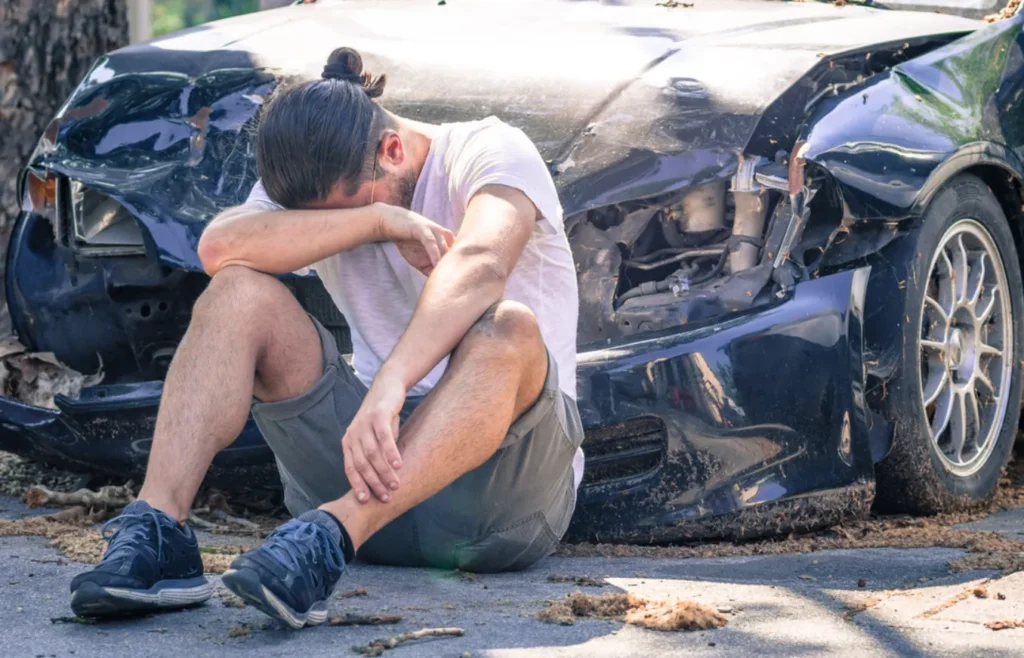Accidents can be terrifying and confusing. When you injure someone in a car accident, legal consequences loom large. You might wonder if jail time is a possibility. The answer depends on key factors. Your actions during the accident and your intentions play a crucial role. For example, reckless or impaired driving may lead to severe penalties. Different states have diverse laws. Understanding them is important. Consulting a Utah injury lawyer can be a vital step in understanding your situation. This professional guidance helps you navigate legal complexities. You must remember that each case is unique. Factors such as negligence or intent significantly influence outcomes. In certain situations, criminal charges like vehicular manslaughter become relevant. Such charges can lead to incarceration. Every driver needs to be aware of the serious implications of their actions on the road. Safe driving protects lives and prevents legal troubles.
Contents
Factors Affecting Legal Outcomes
Several factors determine whether an accident leads to jail time. Understanding these factors helps clarify potential outcomes.
- Negligence: If you acted carelessly, it could lead to civil liability. However, criminal charges may arise if gross negligence occurred.
- Reckless Driving: Driving recklessly or aggressively increases the likelihood of jail time if an injury occurs.
- Impaired Driving: Operating under the influence of drugs or alcohol often results in severe penalties, including imprisonment.
- Previous Record: Your driving and criminal history can influence the severity of penalties.
Understanding State Laws
Each state has unique laws regarding car accidents. It’s essential to know the specifics in your location. The National Highway Traffic Safety Administration provides information on state laws, which can be invaluable in understanding potential legal consequences.
Common Legal Charges
Car accidents may lead to various charges, depending on circumstances:
- Traffic Violations: Minor infractions often result in fines or points on your license.
- Civil Negligence: Causes you to compensate the injured party financially.
- Criminal Charges: Include reckless endangerment, driving under the influence, and vehicular manslaughter.
Comparison Table: Civil vs. Criminal Consequences
| Aspect | Civil Consequences | Criminal Consequences |
| Type of Case | Civil lawsuit | Criminal prosecution |
| Outcome | Monetary damages | Jail time or fines |
| Burden of Proof | Preponderance of evidence | Beyond a reasonable doubt |
Steps to Take After an Accident
Knowing what to do after an accident is essential. These steps can help protect your rights and health:
- Stay Calm: Take deep breaths and remain composed.
- Check for Injuries: Ensure everyone’s safety before moving vehicles.
- Contact Authorities: Report the accident to local law enforcement.
- Exchange Information: Gather contact and insurance details from all parties.
- Document the Scene: Take photos and notes of the accident scene.
- Seek Medical Attention: Even if you feel fine, consult a doctor to rule out injuries.
Legal Assistance and Guidance
After an accident, seeking legal advice is crucial. An experienced lawyer helps you understand your rights and navigate complex legal processes. They can offer valuable insights into the laws that apply to your case.
Maintaining a safe driving record and understanding the legal implications of your actions can prevent future mishaps. Resources like the USA.gov Traffic Violations page provide further guidance on traffic laws and penalties.
Ultimately, the road is a shared space. Practicing caution and respect can prevent accidents and their severe consequences. Stay informed and drive safely to protect yourself and others.
